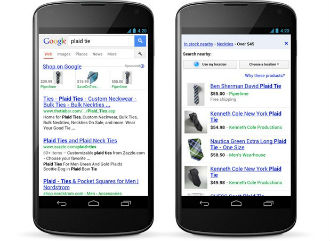 The CEO of Deutsche Telekom has made a very precise call for Google and Facebook to be regulated in the same way that telcos are.
The CEO of Deutsche Telekom has made a very precise call for Google and Facebook to be regulated in the same way that telcos are.
Tim Hoettges said that there was a convergence between over-the-top web companies and classic telcos and there needs to be one regulatory environment to rule them.
Improvements should be made to spectrum policy for the telecommunications industry, and that the loosening of regulation would encourage the type of investment that governments and policy-making bodies are currently seeking from carriers.
Hoettges said that policy-makers should leave telecoms groups adequate operational freedom to develop IoT-related services such as smart meters and intra-communicating cars, commenting: “We favour net neutrality, but we need to be allowed to have quality classes to enable new services in the Internet of Things.”
Being in favour of net neutrality is different from his US rivals who want everyone to pay them twice for a service that the rest of the world gets for half the price.
Interest in the possible government regulation of Google grows in line with the ever expanding services, reach and influence of Mountain View’s empire.
In fact there have been calls for the regulation of Google since 2012 when Dr Robert Epstein laid out some of the most popular arguments for the regulation of Google, partially-based on evidence, fines following controversies such as the extraction of wifi data during the gathering of photographic information for Google Maps, and partially on his view of Google’s real place in the economy as an ungoverned monopoly.






